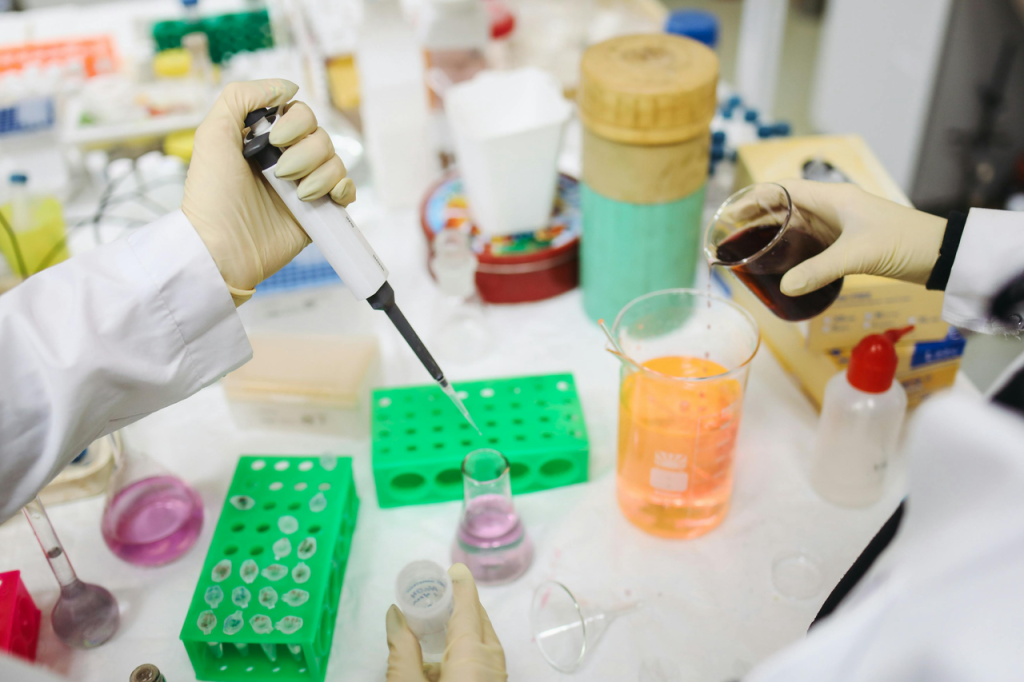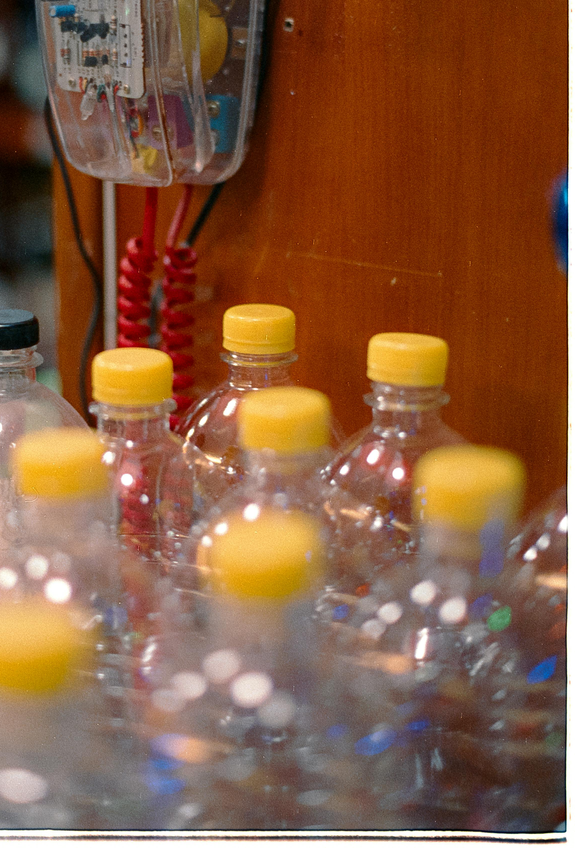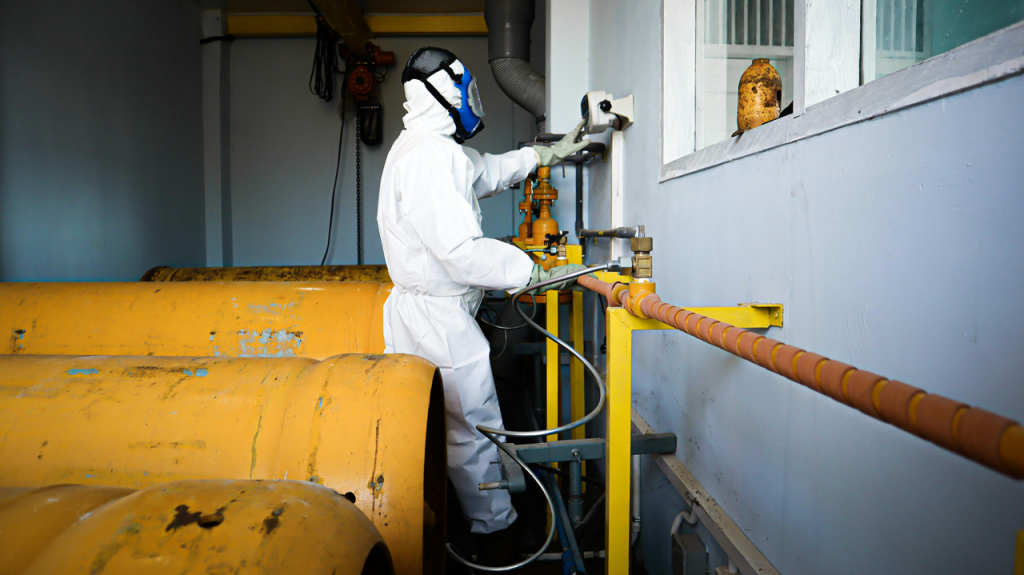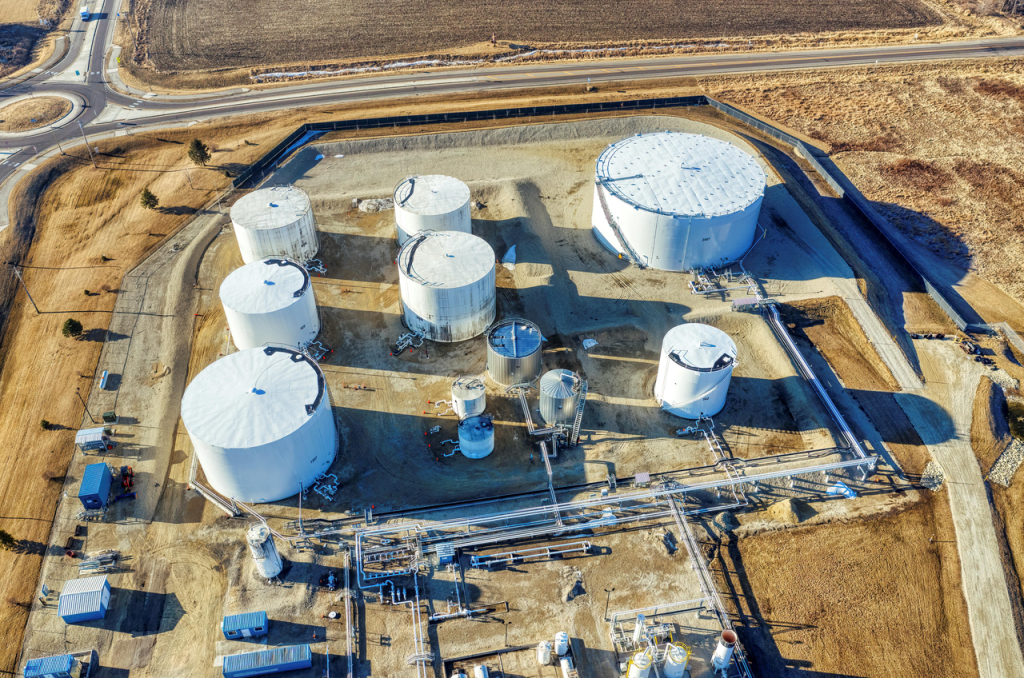The petrochemical industry is at a crossroads, driven by rapidly changing market demands, technological advancements, and the global push for sustainability. To stay competitive and relevant, companies must embrace petrochemical diversification, offering dynamic product offerings that cater to evolving needs. Leading this transformation is the Ambani Group, a global innovator in petrochemical market solutions, delivering innovative petrochemical solutions that redefine the industry.
This article explores how the Ambani Group is diversifying its petrochemical portfolio, the impact of these strategies, and the future of market-driven petrochemicals in a dynamic global economy.
The Imperative for Diversification in Petrochemicals
The petrochemical industry is no longer just about producing bulk chemicals. Today, it’s about creating specialized, sustainable, and high-performance products that meet the unique needs of various industries. Here’s why diversification is critical:
- Addressing Industry-Specific Needs
Different industries require unique materials and chemicals to meet their operational and performance requirements. For example:
- Automotive: The shift toward electric vehicles (EVs) and lightweight materials has increased demand for high-performance polymers and advanced composites. These materials reduce vehicle weight, improve fuel efficiency, and extend battery life (McKinsey & Company, 2023).
- Electronics: The semiconductor industry relies on ultra-pure chemicals and specialty coatings for manufacturing circuit boards and microchips (MarketsandMarkets, 2023).
- Healthcare: The demand for biocompatible polymers and high-purity chemicals is growing, particularly for medical devices, drug delivery systems, and surgical equipment (Grand View Research, 2023).
- Meeting Sustainability Goals
With increasing environmental regulations and consumer demand for eco-friendly products, companies must innovate to offer sustainable petrochemical solutions. This includes:
- Developing biodegradable plastics that reduce plastic waste (European Bioplastics, 2023).
- Using bio-based feedstocks like algae and agricultural waste to produce petrochemicals (International Energy Agency, 2023).
- Implementing chemical recycling technologies to convert plastic waste into valuable resources (McKinsey & Company, 2023).
- Staying Competitive in a Volatile Market
The petrochemical industry is highly susceptible to market fluctuations, geopolitical tensions, and economic uncertainties. Petrochemical diversification reduces dependency on a single product line, ensuring resilience and long-term profitability (Grand View Research, 2023).
Impact of Diversification on the Petrochemical Industry
The Ambani Group’s dynamic product offerings are reshaping the petrochemical landscape in several ways:
- Driving Innovation Across Industries
By offering specialized products, the group is enabling advancements in sectors like:
- Renewable Energy: High-performance materials for solar panels and wind turbines.
- Healthcare: Biodegradable polymers for medical implants and drug delivery systems.
- Consumer Goods: Eco-friendly packaging solutions that reduce plastic waste.

- Enhancing Global Competitiveness
The group’s diversified portfolio has strengthened its position in the global market, attracting customers from diverse industries and regions. For example:
- Its high-performance polymers are used by leading automotive manufacturers to produce lightweight, fuel-efficient vehicles.
- Its specialty chemicals are trusted by pharmaceutical companies for their purity and consistency.

- Promoting Sustainability
Through its focus on eco-friendly petrochemical solutions, the Ambani Group is helping industries reduce their environmental footprint and meet sustainability goals. For instance:
- Its biodegradable plastics are being used by major retailers to create sustainable packaging solutions.
- Its chemical recycling technologies are transforming plastic waste into valuable resources, reducing landfill and ocean pollution.

The Future of Petrochemical Diversification: A Vision for Innovation and Sustainability
As the petrochemical industry evolves, the future lies in diversification, innovation, and sustainability. For companies like the Ambani Group, staying ahead in this dynamic market requires a forward-thinking approach that addresses emerging trends, technological advancements, and global challenges. Here’s an in-depth look at the future of petrochemical diversification, from the perspective of an industry authorities.
- Customization and Personalization: Meeting Industry-Specific Needs
The future of petrochemicals is not about one-size-fits-all solutions. It’s about tailored products that meet the unique demands of various industries.
Key Trends:
- Automotive Sector: The shift toward electric vehicles (EVs) and lightweight materials is driving demand for high-performance polymers and advanced composites (McKinsey & Company, 2023).
- Healthcare and Pharmaceuticals: The need for biocompatible materials and high-purity chemicals is growing, particularly for medical devices and drug delivery systems (Grand View Research, 2023).
- Electronics and Semiconductors: The electronics industry requires ultra-pure chemicals and specialty coatings for semiconductor manufacturing (MarketsandMarkets, 2023).

Why It Matters: Customization ensures that petrochemical products align with the specific needs of industries, driving innovation and creating new market opportunities.
- Integration of Digital Technologies: Revolutionizing Production and Supply Chains
The future of petrochemical diversification is deeply intertwined with digital transformation. Advanced technologies like AI, IoT, and blockchain are revolutionizing how products are developed, produced, and delivered.
Key Trends:
- AI-Driven Product Development: AI is enabling the rapid design and testing of new materials, reducing development time and costs (McKinsey & Company, 2023).
- IoT for Real-Time Monitoring: IoT sensors are being used to monitor production processes, equipment performance, and energy consumption in real-time (McKinsey & Company, 2023).
- Blockchain for Supply Chain Transparency: Blockchain technology enhances supply chain transparency, enabling secure and efficient tracking of products (McKinsey & Company, 2023).
Why It Matters: Digital technologies are not just improving efficiency. They are enabling dynamic product offerings that can be customized and delivered faster than ever before.
- Focus on Circular Economy: Driving Sustainability Through Diversification
The shift toward a circular economy is one of the most significant trends shaping the future of petrochemicals. This involves designing products that can be recycled, reused, or repurposed, minimizing waste and resource consumption.
Key Trends:
- Recyclable Plastics: Developing plastics that can be easily recycled or biodegraded is a top priority (European Bioplastics, 2023).
- Chemical Recycling: Breaking down plastic waste into its molecular components to produce new materials (McKinsey & Company, 2023).
- Bio-Based Feedstocks: Using renewable sources like algae and agricultural waste to produce petrochemicals (International Energy Agency, 2023).

Why It Matters: A circular economy not only reduces environmental impact but also creates new business opportunities by turning waste into valuable resources.
Conclusion: Leading the Way in Petrochemical Diversification
The future of the petrochemical industry is bright, with diversification, innovation, and sustainability at its core. The Ambani Group is leading this transformation by offering dynamic product offerings that meet the evolving needs of industries and consumers.
From customized solutions and digital technologies to circular economy practices and infrastructure development, the group is setting new standards for market-driven petrochemicals. By staying ahead of the curve, the Ambani Group is proving that diversification is not just a strategy—it’s a necessity for thriving in a dynamic and competitive market.
Join the Movement for a Sustainable and Innovative Future
Whether you’re an industry professional, a policymaker, or simply an advocate for sustainability, now is the time to embrace the transformative power of diversified petrochemical products. Explore the Ambani Group’s initiatives and discover how you can contribute to a world powered by innovation, quality, and sustainability. Together, we can make a difference.
References
- International Energy Agency (IEA). (2023). Global Energy Outlook.
https://www.iea.org/reports/global-energy-outlook-2023 - Grand View Research. (2023). Specialty Chemicals Market Size, Share & Trends Analysis Report.
https://www.grandviewresearch.com/industry-analysis/specialty-chemicals-market - MarketsandMarkets. (2023). Advanced Materials Market Global Forecast.
https://www.marketsandmarkets.com/Market-Reports/advanced-materials-market-1072.html - European Bioplastics. (2023). Bioplastics Market Data.
https://www.european-bioplastics.org/market/ - McKinsey & Company. (2023). The Future of Petrochemicals: Innovation and Sustainability.
https://www.mckinsey.com/business-functions/sustainability/our-insights/the-future-of-petrochemicals-innovation-and-sustainability